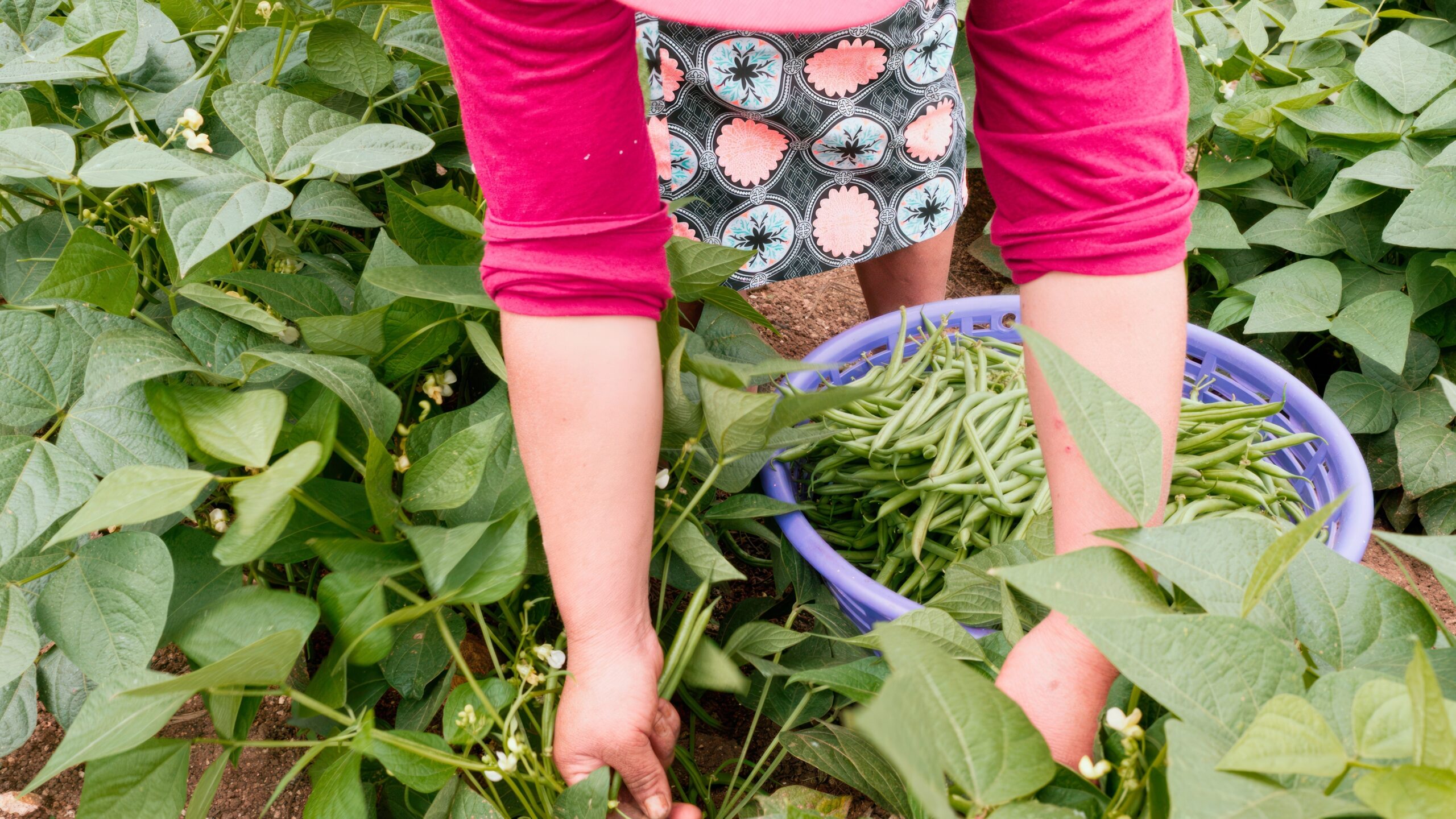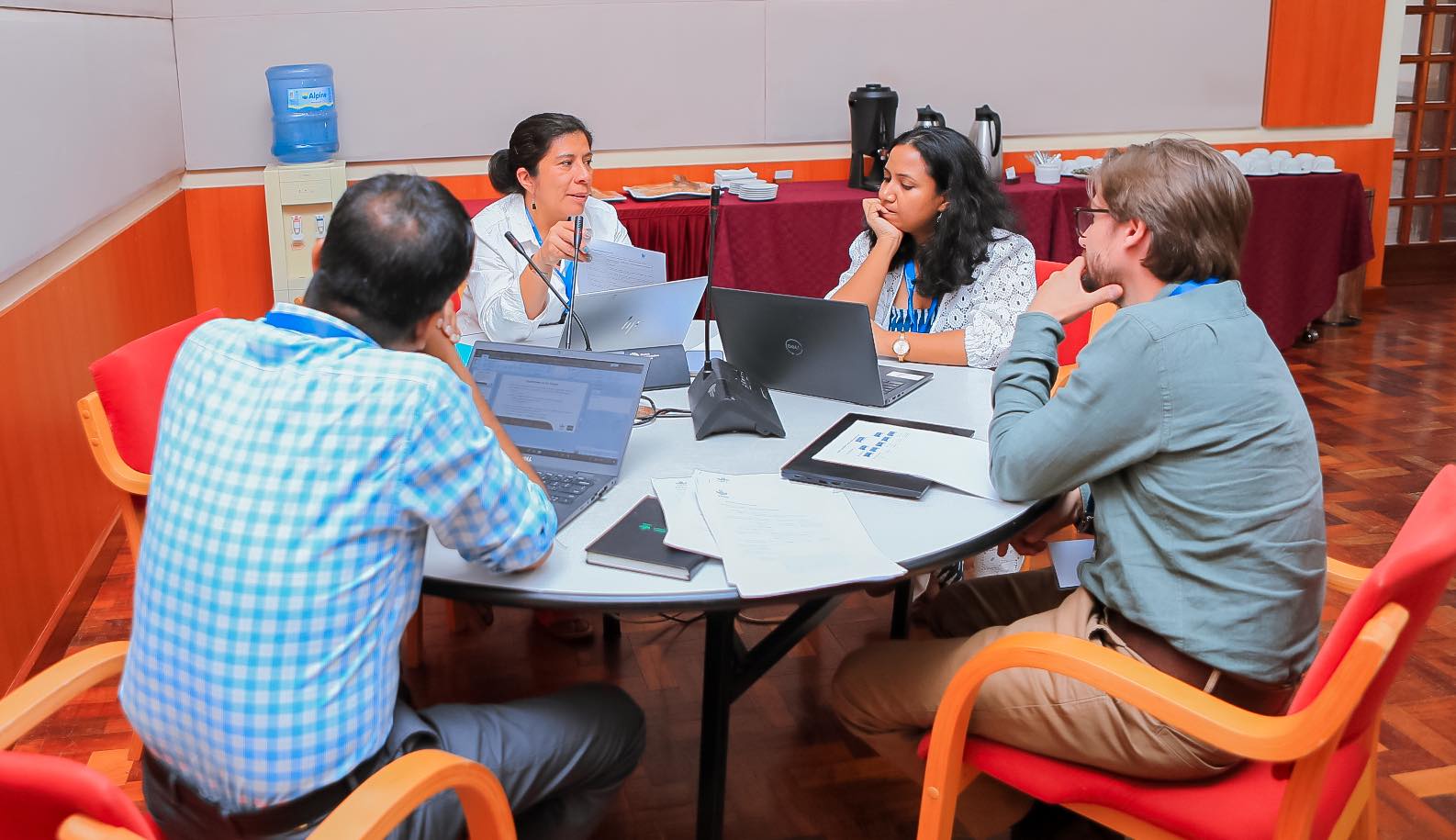Agriculture, nutrition, and health are linked in a variety of important ways, and these links have play a strong role in the lives of millions of poor people in developing countries. Yet despite these potentially strong synergies, many policymakers and practitioners in these areas continue to work in isolation. IFPRI and its research partners have been studying critical links between agriculture, hunger, food security, health, disease and nutrition among other important factors and attempting to bridge the divide between the agriculture and nutrition communities.
From February 10-12, 2011, nearly 1,000 researchers, policymakers and development practitioners met in New Delhi, India to take stock of current interactions, assess opportunities and constraints, identify best practices, consider key levers and incentives, and reimagine how agriculture, nutrition, and health can link better to unleash the potential of agriculture to improve nutrition and health. According to Rajul Pandya-Lorch, Head of IFPRI’s 2020 Vision Initiative and chief conference organizer, the goal of the conference was “to inform, influence, and catalyze action by key actors—policymakers, nongovernmental organizations, the private sector, educators, and researchers—to better use investments in agriculture to achieve nutrition security and good health for the world’s poorest people.”
Although the conference has ended, IFPRI and its partners continue their strong work in seeking to better understand these linkages and sharing their findings with others in an effort to alleviate hunger and malnutrition among the world’s most vulnerable groups. Next week, we will host a Policy Seminar on “Levering agriculture to improve human nutrition: prospects for Golden Rice”. Moreover, the 2020 conference on “Leveraging agriculture for improving nutrition and health” continue to update its conference website, inviting others to check out and contribute resources to its literature hub in the area of agriculture, nutrition and health.







